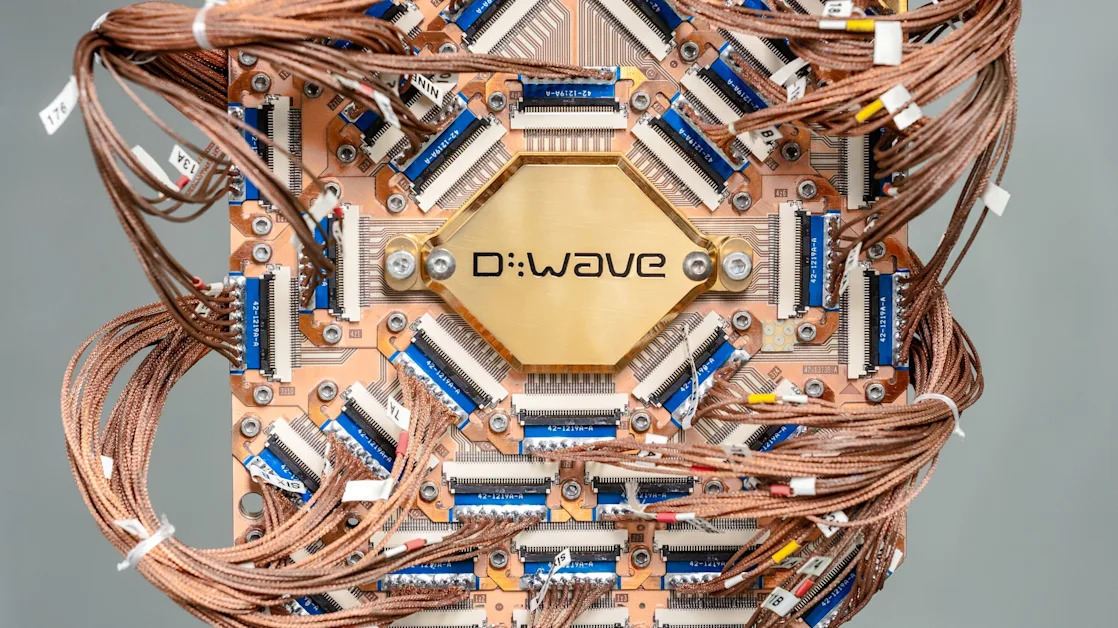
Quantum stocks rebound from dip after new 'supremacy' announcement
Quantum stocks spiked on Wednesday after Canadian company D-Wave said it had achieved the elusive industry benchmark of "quantum supremacy," suggesting its specialized annealing chip can outperform classical computers in certain tasks.
"It's the holy grail for quantum computing . It's what everybody aspires to and is the reason there's so much confusion around quantum supremacy versus quantum advantage versus quantum utility because supremacy — true supremacy — hadn't been achieved yet," Alan Barrett, D-Wave's CEO, told Business Insider. "And so the industry was coming up with terms that were easier to achieve, but this is that demonstration of true supremacy, and we're very excited."
The corresponding market surge — which saw D-Wave's stock spike over 8% by market close and sent other quantum companies like IonQ up over 16% — helped the industry recover from a dip following recent skepticism from Nvidia CEO Jensen Huang.
In January, Huang suggested the industry is at least 20 years away from quantum computing being "very useful," sending quantum stocks tumbling .
While D-Wave's announcement didn't fully claw back the losses that followed Huang's remarks, it sent a jolt through the market and made waves in the industry surrounding the burgeoning technology.
Quantum computing is rapidly evolving, with Big Tech players like IBM and Google racing to scale up the devices enough to be commercially useful. While advancement has long been slowed by deeply technical problems involving error correction and scalability, researchers say cracking the code to unlock quantum computing's potential could help discover new drugs, develop new chemical compounds, or break encryption methods , among other outcomes.
That is why D-Wave's announcement, which follows new quantum chip debuts from Amazon Web Services and Microsoft , is such a big deal. The Canadian company says its annealing quantum computer outperformed one of the world's most powerful classical supercomputers when solving complex simulation calculations related to magnetic materials discovery.
The company says its quantum computer performed a magnetic materials simulation in just minutes — one that would take a classical supercomputer built with GPU clusters nearly one million years and more than the world's annual electricity consumption to solve.